Pasco eSchool Dual Enrollment
Pasco eSchool is proud to offer Pasco County students an opportunity to take college courses and earn college credit through partnerships with two local institutions: Pasco Hernando State College and the University of South Florida. Credits earned through these programs will apply toward high school graduation requirements.Pasco eSchool’s dual enrollment courses are taught by Pasco eSchool teachers whose academic credentials have been approved by the partner college or university. Students must meet the participation requirements, including unweighted GPA, college placement testing, and registration steps.
Testing Information
- PERT – Each Pasco County high school administers the PERT test periodically to allow students to take dual enrollment courses. Contact your school counselor or career specialist for specific dates View the PERT Student Study Guide.
- ACT – Test fee required. Visit www.actstudent.org
- SAT – Test fee required. Visit sat.collegeboard.org/home
(Pasco eSchool CEEB code: 102630)
Pasco eSchool will offer the following courses. Please contact your school counselor to register for a seat!
Courses Offered
PHSC
Beginning Spanish I
Course Number SPN 1101
Credit Hours 4
A beginning Spanish course that stresses the fundamentals of all four language skills: listening, speaking, reading and writing. Relevant cultural information pertaining to Latin America and Spain will also be introduced. This course must be completed with a grade of “C” or higher. 60 class hours.
Beginning Spanish II
Course Number SPN 1102
Credit Hours 4
This course is a direct continuation of Beginning Spanish I. Continued emphasis will be placed on the fundamentals of all four language skills (listening, speaking, reading, and writing) with special emphasis on the oral aspects of the Spanish language. Relevant cultural information pertaining to Latin America and Spain will also be explored. This course must be completed with a grade of “C” or higher. 60 class hours.
Prerequisite: SPN 1101
English Composition I
Course Number ENC 1101
Credit Hours 3
This course is designed to develop effective written communications skills for academic and professional use. This course requires students to create original compositions, exploring basic rhetorical modes such as narration, exposition, persuasion, and others. Compositions will require extensive revision and will reinforce the student’s facility with paragraph organization, sentence structure, diction, and mechanics. Students will also demonstrate fluency in technology and information literacy as they conduct academic research. They will incorporate that research in their written work with proper documentation and citation. Students also will develop research skills and learn to incorporate and document researched material in compositions. Course writing assignments require that student writing will be on a subject and of a purpose related to the course’s learning outcomes and of a length and depth reflecting higher order thinking such as analysis, argument, and evaluation. This is a writing credit course with international and intercultural content. This course satisfies the Gordon Rule writing requirement. A grade of “C” or higher must be attained. 45 class hours.
English Composition II
Course Number ENC 1102
Credit Hours 3
This course is designed to further develop a student’s communication skills by building on the writing and critical thinking strategies learned in ENC 1101. The course requires students to observe the conventions of Standard American English in compositions that articulate their critiques and analyses of the literature. Students will demonstrate information literacy in electronic library research methods for primary and secondary sources to research and cite MLA Style documentation in essays. This is a required course and satisfies the Gordon Rule writing requirement. A grade of “C” or higher must be attained. 45 class hours.
Prerequisite: ENC 1101
Introduction to Business
Course Number GEB 1011
Credit Hours 3
This is a survey course that covers the functional areas of business. Emphasis is placed on perspectives of business, management, marketing, finance, and quantitative tools.
Introduction to Entrepreneurship
Course Number GEB 2112
Credit Hours 3
This is a foundation course in the modern treatment of business entrepreneurship. Students will learn the elements of start-up/buy-out, franchising, business plans, marketing plans, human resources, financial planning, legal, forms, products/services, selling, advertising, management policies, accounting systems, tax issues, capital management, computers, risk management, and business ethics.
Introduction to Humanities
Course Number HUM 1020
Credit Hours 3
This is an overview of the humanities with an emphasis on the traditional elements of the various humanistic disciplines. Included is the study of the development of human creative expression from prehistoric times to the present. An emphasis is placed on the interrelationships of the arts and major artistic movements. Topics may include music, painting, sculpture, architecture, religion, philosophy, dance, drama, poetry, film, and development of major ideas and ideals. Students may be asked to participate in or attend an event that expresses one or more of the humanistic disciplines. This course satisfies the Gordon Rule writing requirement. A grade of “C” or higher must be obtained.
Prerequisite: REA 0017 or REA 0011 or REA 0019 and ENC 0025 or ENC 0021 or ENC 0022 (completed with a grade of “C” or higher for each course) or appropriate placement test scores. Students who are not required to take the common placement test or enroll in developmental education courses do not have to satisfy prerequisites.
Introduction to Public Speaking
Course Number SPC 2608
Credit Hours 3
This course provides practice in the preparation and delivery of various professional public address forms such as narration, demonstration, inquiry, reporting, evocation, and oral interpretation. Listening and analytic skills will be stressed through student appraisals of both professional and class speeches, including those audio and videotaped. If used to meet the requirements of the AA Degree, a grade of “C” or higher must be attained. 45 class hours.
Prerequisite: REA 0017 or REA 0011 or REA 0019 and ENC 0025 or ENC 0021 (completed with a grade of “C” or higher for each course) or appropriate placement test scores. Students who are not required to take the common placement test or enroll in developmental education courses do not have to satisfy prerequisites.
Microcomputer Applications (MicroApps)
Course Number CGS 1100
Credit Hours 3
This is an introductory information technology applications and information literacy course. Previous experience with a computer is highly recommended. This course will provide a general introduction to software applications, information systems, and the research process. Students will understand how to utilize the essential aspects of various information systems and applications to locate, evaluate, and effectively use information. The course will cover file management, word processing (Word), electronic spreadsheets (Excel), databases (Access), presentation graphics (PowerPoint), and the Internet. This course will prepare you for the Microsoft Office Specialist (MOS) Industry Certification. Lab fee required.
USF
American Sign Language I
Course Number ASL 2140C
Credit Hours 4
This course will introduce basic skills in production and comprehension, including the manual alphabet and numbers, of American Sign Language (ASL) as used by the Deaf community. This course will introduce conversational norms, culturally appropriate behaviors, and use of basic grammar concepts.
Intermediate Algebra
Course Number MAT 1033
Credit Hours 3
This course provides students with an opportunity to develop algebraic knowledge needed for further study in several fields such as engineering, business, science, computer technology, and mathematics.
Introduction to Film Studies
Course Number FIL 1002
Credit Hours 3
Students will be introduced to key concepts and techniques of Film Studies, including the history of film; an examination of film genres; an overview of foreign cinema; and the study of issues of class, race, gender, and sexuality.
Introduction to Psychological Science
Course Number PSY 2012
Credit Hours 3
This course is an introduction to psychology for majors and non-majors. It presents psychological theory and methods in a survey of various areas of psychology including clinical, cognitive, developmental, health, industrial, social, and biopsychology.
Introductory Statistics I
Course Number STA 2023
Credit Hours 3
In this course, students will utilize descriptive and inferential statistical methods in contextual situations, using technology as appropriate. The course is designed to increase problem-solving abilities and data interpretation through practical applications of statistical concepts. This course is appropriate for students in a wide range of disciplines and programs.




